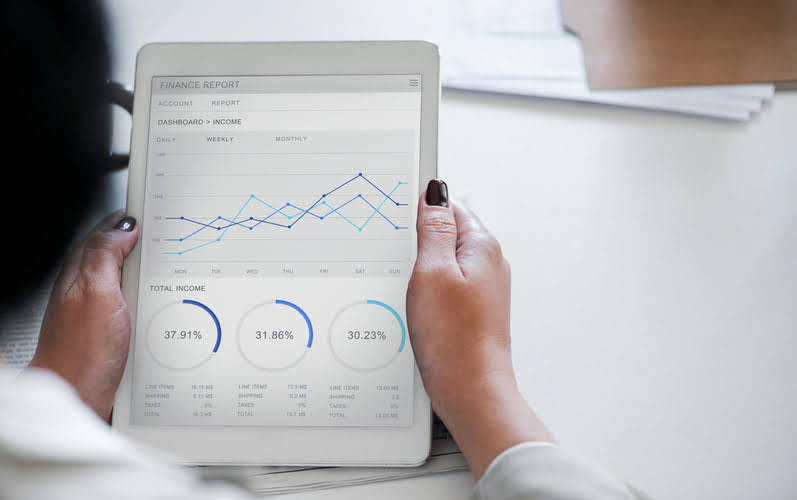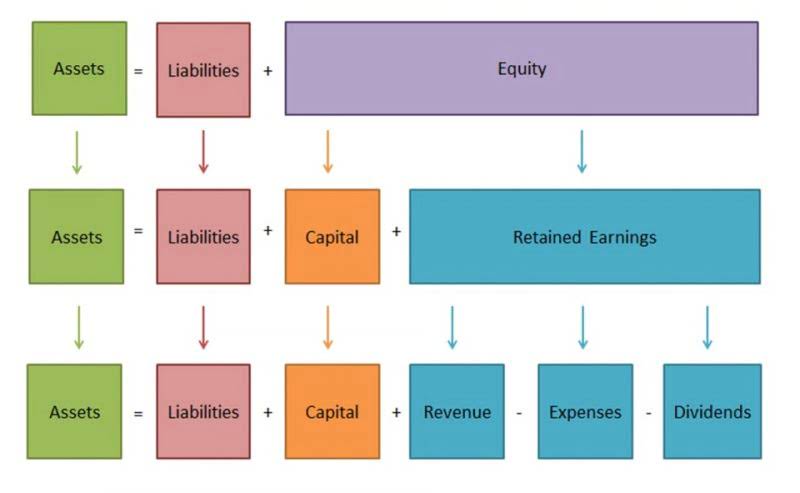Content

Because they offer more detailed insights that inform business decisions, you don’t want to hire an accountant to only record income and expenses. You’d pay more for the same service a bookkeeper could do for less and, in the process, underutilize the accountant’s expertise. Just as with hiring an internal bookkeeper and defining their role, you’ll have to decide which pieces of your financial management make sense to outsource including the bookkeeping function.
- With NetSuite, you go live in a predictable timeframe — smart, stepped implementations begin with sales and span the entire customer lifecycle, so there’s continuity from sales to services to support.
- Payroll software, on the other hand, automates most of your payroll program.
- If manual payments have already been made to employees, such as advances, then deduct these amounts from the remaining net pay.
- It’s important to have separation of duties to ensure confidence in the financial records.
- If you are interested in becoming an accountant, it may be beneficial to your career to become a certified public accountant (CPA), which has its own exam.
- Between managing employees, maintaining customer satisfaction, and balancing your personal life, it’s easy to let things slip through the cracks.
However, significant differences exist, like work conducted in each career and needed to be successful. The following analysis compares the education requirements, skills required, typical starting salaries, and job outlooks for accounting and bookkeepers. FinancePal offers accounting for small businesses so that business owners can get back to handling the other important facets of their business— like growing profits and keeping customers happy.
Other Uses of the Term “Wages”
Accounting clerks received average salaries of $44,100 per year, or $21.20 an hour, per the BLS. The lowest 10 percent earned under $27,050 yearly, while the best-paid 10 percent earned over $63,900. Payroll clerks, who are also called payroll administrators or timekeeping clerks, focus only on the salary functions of accounting.

It’s a fact of business—if a company has employees, it has to account for payroll and fringe benefits. You can earn our Payroll Accounting Certificate of Achievement when you join PRO Plus. To help you master this https://www.bookstime.com/ topic and earn your certificate, you will also receive lifetime access to our premium payroll accounting materials. These include our flashcards, cheat sheet, quick tests, quick test with coaching, and more.
Step 8. Deduct Manual Payments
Have new employees fill out payroll-specific information as part of the hiring process, such as the W-4 form and medical insurance forms that may require payroll deductions. Set aside copies of this information in order to include it in the next payroll. Now that you have an estimated amount, research the market and figure out the cost of acquiring payroll software instead. Keep in mind set up fees and subscription costs may vary depending on the size of your business and the number of employees you have.

Bookkeeping is the recording, storing, and retrieving of financial transactions for an individual, company, or nonprofit organization. Throughout our explanation, bonuses paid to employees and sales commissions paid to employees will be considered to be part of salaries or wages. You should consider our materials (explanation, practice quiz, quick tests, certificate of achievement, etc.) to be an introduction to payroll accounting. It’s important to have separation of duties to ensure confidence in the financial records.
Advantages of a bookkeeper
Other programs charge annual or monthly fees and offer advanced features such as recurring invoices or purchase orders. While these services come at a cost, they can maximize the accuracy and efficiency of vital financial management processes. A CIA is an accountant who has been certified in conducting internal audits. To receive this certification, an accountant must pass the required exams and have two years of professional experience. There is a difference between an accountant and a certified public accountant (CPA).
Bookkeepers may start working for a small business to gain experience and then go back to school for a degree in accounting or finance. Enrolling in one of the best online bookkeeping classes is a smart way for those interested in this career to bolster their existing financial knowledge. As an accountant, you may work for a company or yourself, and there are opportunities for accountants in many industries like law, insurance and health, small business, and, of course, tax accounting firms. Therefore, those who do not like math, get confused easily when making simple calculations, or are generally opposed to number crunching should not apply. While your accountant examines your books, keep the communication lines open.
What credentials does an accountant need?
As a financial auditor, you may work as an external or internal auditor. If you are an external auditor, you will most likely have a job at a public accounting firm, and you will need to have a CPA license, plus a college degree, and often a master’s degree. For a long-term career, accounting offers much more upward mobility and income potential. The education required to be competitive in the field is greater, but the payoff down the road can be considerably higher.
What is difference between bookkeeping and accounting?
The purpose of bookkeeping is to maintain a systematic record of financial activities and transactions chronologically. The purpose of accounting is to report the financial strength and obtain the results of the operating activity of a business.
You must have a minimum of 150 postsecondary education hours, or what amounts to a bachelor’s degree in accounting, and an additional 30 hours of graduate work. Grace Walker with The Payroll Department is one of these experienced full-charge bookkeepers. Not only can she help you with your daily bookkeeping transaction postings, she can also provide cash flow management, generate financial reports, create budgets, and perform sales tax reporting. The NACPB offers credentials to bookkeepers who pass tests for small business accounting, small business financial management, bookkeeping and payroll. It also offers a payroll certification, which requires additional education.
What Credentials Does an Accountant Have?
Accountants and bookkeepers work with numbers and financial data all day long. There are critical differences in job growth and salaries between the two. Growth for accountants and auditors is expected to continue for the https://www.bookstime.com/articles/bookkeeping-and-payroll-services next several years. The Bureau of Labor Statistics (BLS) expects 6% job growth in this field from 2021 to 2031. Bookkeeping is the foundation of your finances while accounting takes care of higher-level processing.
Monique Danao is a journalist and freelance writer who has worked with several startups and tech companies. Her work has been published in Sitepoint, Fast Capital 360, Social Media Today, WPMayor among other publications. Bookkeepers aren’t required to be licensed or have certifications, but accreditation and licensing are available from the AIPB and NACPB. In today’s world, bookkeeping is most commonly done using computer software, such as QuickBooks.
But, with growth comes an increased responsibility for your back office, and your bookkeeper might need help keeping up. This percentage represents the net worth of businesses and includes elements such as the value of common and preferred shares, as well as earned, contributed and other surpluses. This figure represents the average value of all resources controlled by an enterprise as a result of past transactions or events from which future economic benefits may be obtained.
What is another name for a bookkeeper?
synonyms for bookkeeper
On this page you'll find 9 synonyms, antonyms, and words related to bookkeeper, such as: auditor, clerk, cpa, and bean counter.

